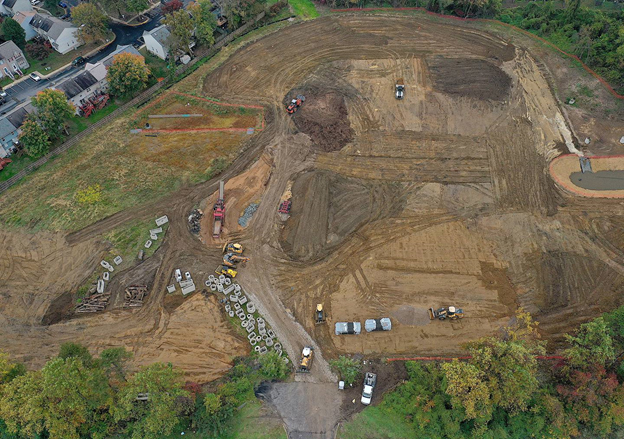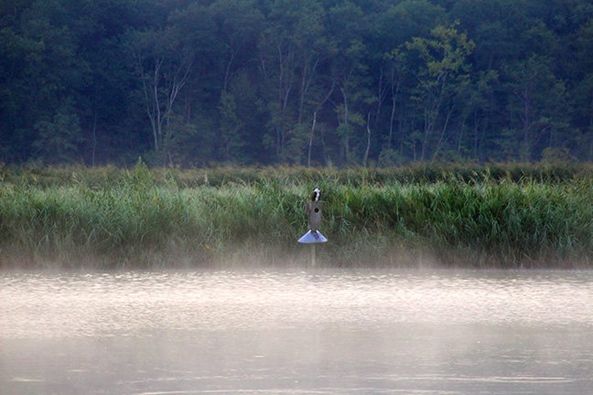News
Agriculture is destroying the Chesapeake Bay
Between 1950 and 1982, the amount of nitrogen from manure and fertilizer applied to bay crop land nearly doubled, reaching 960 million pounds annually, as farmland decreased by nearly half. Alarmingly, the average annual rate of nutrient reductions from bay region farmland has actually decreased since 2009.
Read MoreEnvironmental hypocrisy at work in train wreck wastewater treatment blockage
Commentary by Gerald Winegrad: In politics, as in life, there is nothing more abhorrent to me than hypocrisy. The colossal outrage expressed by Baltimore City and County elected officials, joined by state and federal counterparts, against the proper treatment of wastewater from the Feb. 3 Ohio train wreck by Clean Harbors of Baltimore reeks of…
Read MoreChesapeake Bay restoration sacrificed on altar of political expediency
The results of this abysmal failure to restore bay waters include: flesh-eating diseases threatening human life as bacteria proliferate, a result of unchecked nutrient pollution and warming waters; collapsed or collapsing fisheries — oysters, soft clams, shad, rockfish, sturgeon and crabs; and critical underwater grasses reduced to 67,470 acres, just 36% of the 185,000 acres committed to be achieved by 2010. For decades, formal bay agreements were signed by bay state governors and the EPA with solemn commitments to take the necessary steps to restore water quality. The states repeatedly failed to meet these pledges to substantially reduce nutrients (nitrogen and phosphorus) and sediment with no EPA sanctions. Finally, in 2010 after the states failed again to meet commitments, a lawsuit forced the EPA to set mandatory reductions for these pollutants. The states were well aware these mandatory requirements were coming.
Read MoreHogan’s record as governor a classic case of self-dealing
Seeking reelection in 2018, Hogan released tax returns showing he had made $2.4 million from such deals in his first three years in office. No other governor has earned as much outside income while in office. Paralleling Trump, he has set up a very profitable system whereby he can use his powerful government position to increase his private profits. Last year, he purchased a $1.1 million five-bedroom home on six acres in Davidsonville. This is a striking financial turnaround considering Hogan was forced to file for bankruptcy in April 1994, when lenders called his loans and he liquidated his real-estate business and $750,000 home in Upper Marlboro.
Read MoreEPA and Chesapeake Bay Foundation are failing to save the bay
Why is it that the 500-pound gorilla of bay groups, the CBF, has acquiesced in this huge setback for bay restoration? In its 45 years of existence, CBF has grown to become a money vacuum cleaner raising $38 million in 2020. They hold $130 million in assets. Tom Pelton in his book, “The Chesapeake In Focus,” wrote of CBF’s spectacular success, not in saving the bay but with $57 million saved in stocks and investments. These investments generated $3.5 million last year. Much of this funding comes from corporate and governmental sources. This is why CBF’s advocacy is restrained to prevent antagonizing these grantors/donors especially since revenues shrank to $27 million last year.
Read MoreAn Open Letter to the EPA
Dear EPA Officials, It is with profound disappointment that I write you after spending 50 years fighting for conservation measures and the Chesapeake’s restoration. My column below details my sadness at yet another failure of the Bay states to meet pollution reductions by wide margins without any EPA sanctions. Instead, the Environmental Protection Agency–the enforcement…
Read More
